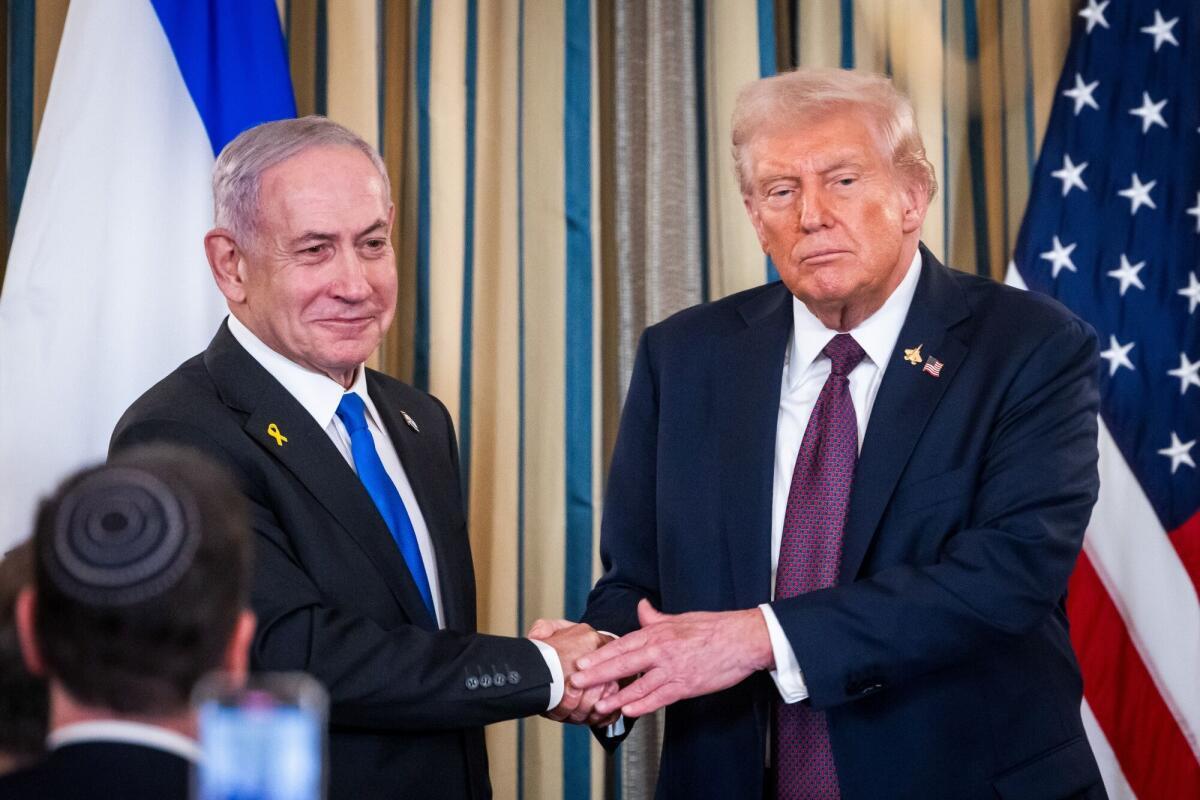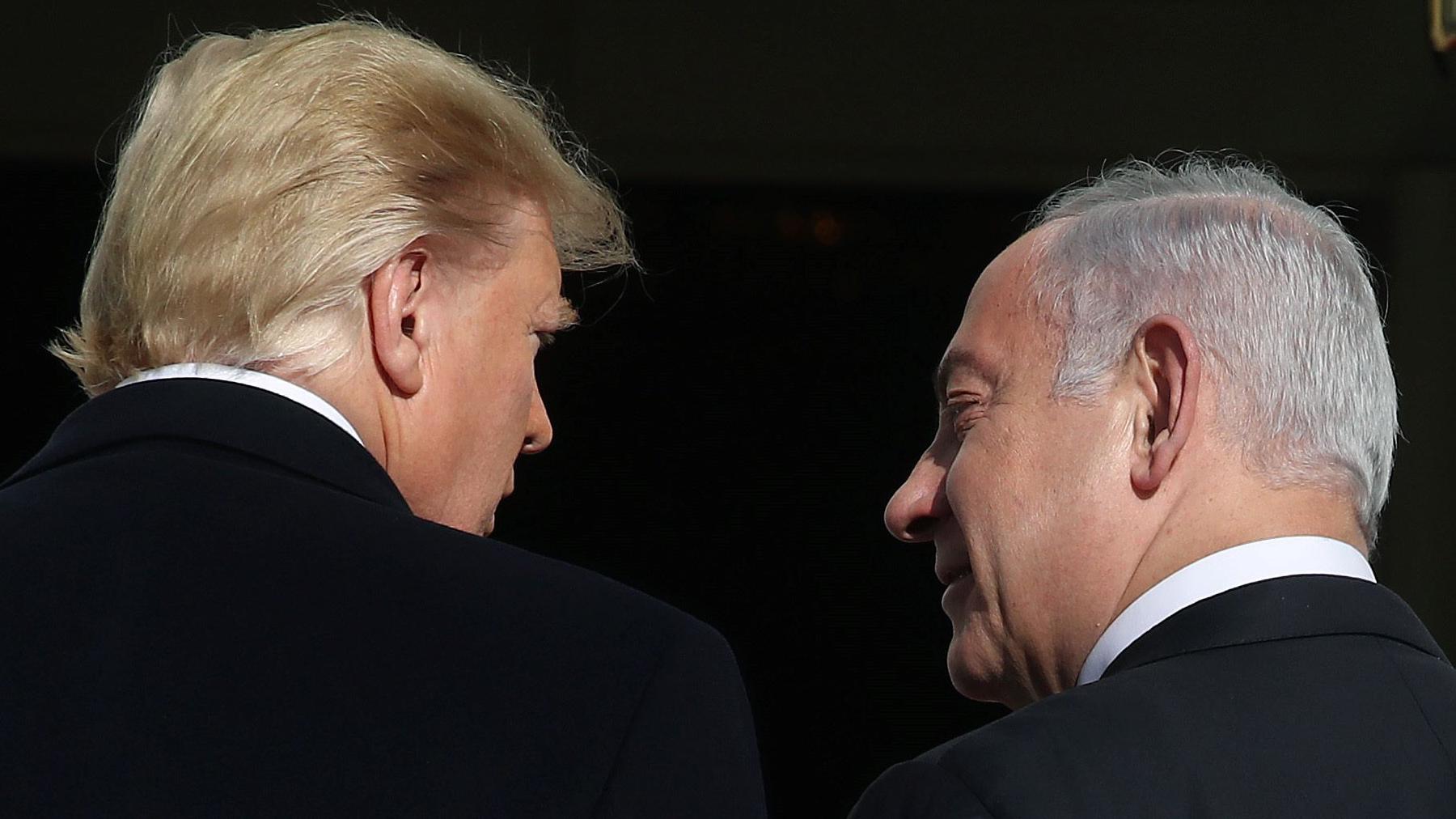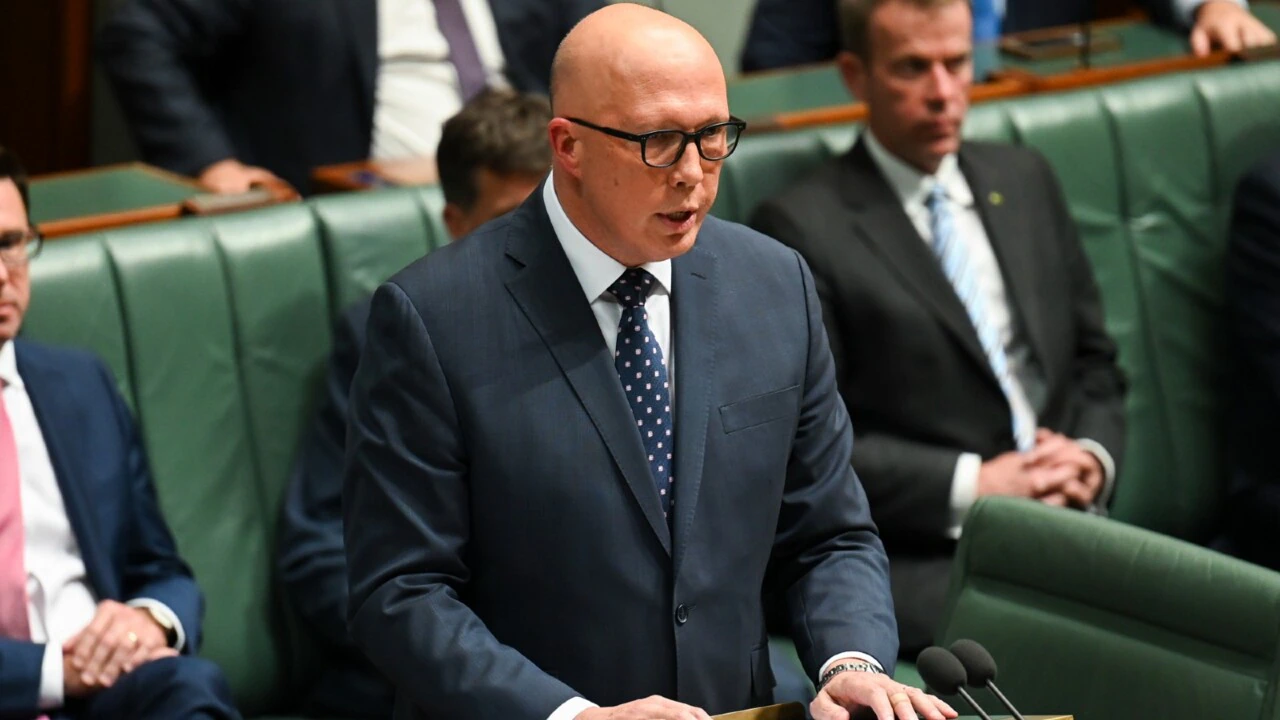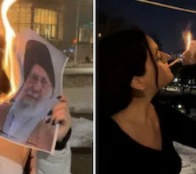
In a development that reshaped Middle East diplomacy, Donald Trump managed to secure a Gaza ceasefire and hostage release agreement that had long eluded President Joe Biden’s administration. The deal, finalized in coordination with mediators from Qatar, Egypt, and Turkey, marks the first major breakthrough in the region after nearly a year of deadlocked talks.
For months, the Biden administration had pursued a phased ceasefire plan involving humanitarian aid access, hostage releases, and prisoner exchanges. Despite strong diplomatic engagement, the plan repeatedly stalled due to Israel’s reluctance to commit to long-term truce terms and Hamas’s insistence on guarantees of a permanent ceasefire.
Trump’s approach, however, altered the equation. As the incoming administration prepared to take office, his team utilized the transition period as leverage, setting a de facto deadline for both sides. The perception that Trump would pursue a more hardline or unpredictable stance if the conflict persisted reportedly motivated both Israel and Hamas to compromise.
According to U.S. and regional officials, the Trump camp employed a strategy of “maximum pressure diplomacy.” Unlike Biden, whose administration was cautious not to alienate Israel publicly, Trump’s envoys reportedly pushed Israeli leaders harder to accept the phased framework already drafted under Biden’s team. They also reassured Arab mediators that the new administration would honor commitments if Hamas complied — creating momentum to close the deal.
A key factor was the groundwork laid by Biden’s diplomats. The core of the agreement — prisoner exchanges, humanitarian corridors, and phased ceasefire — originated under Biden but lacked the final political will to implement it. Trump’s team capitalized on this foundation and added urgency by signaling the U.S. might reconsider aid and military coordination terms if talks collapsed.
Regional partners such as Qatar and Egypt played a crucial role in bridging final gaps. Meanwhile, Israel faced mounting international criticism over civilian casualties in Gaza and growing domestic unrest. Combined with the uncertainty of U.S. political transition, this diplomatic cocktail created the perfect storm for breakthrough.
While the Trump administration is celebrating the deal as a diplomatic victory, analysts caution that it may be fragile. Key issues — such as Gaza’s governance, Hamas’s disarmament, and Israel’s security guarantees — remain unresolved. Many experts credit the outcome to cumulative diplomacy, with Biden’s groundwork and Trump’s timing both contributing to the result.
Nonetheless, the agreement marks a turning point. It highlights how shifts in U.S. political leadership can reshape international negotiations and underscores the enduring influence Washington holds over Middle East stability.
For Trump, the deal reinforces his reputation as a bold negotiator; for Biden, it reflects the thin line between persistence and timing in global diplomacy.

Note: Content and images are for informational use only. For any concerns, contact us at info@rajasthaninews.com.
"Peter Dutton Affirm...
Related Post
Hot Categories
Recent News
Daily Newsletter
Get all the top stories from Blogs to keep track.





_1768320639.png)





